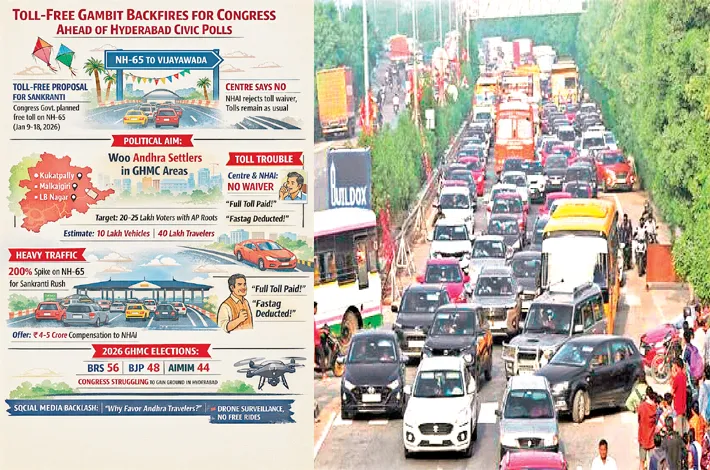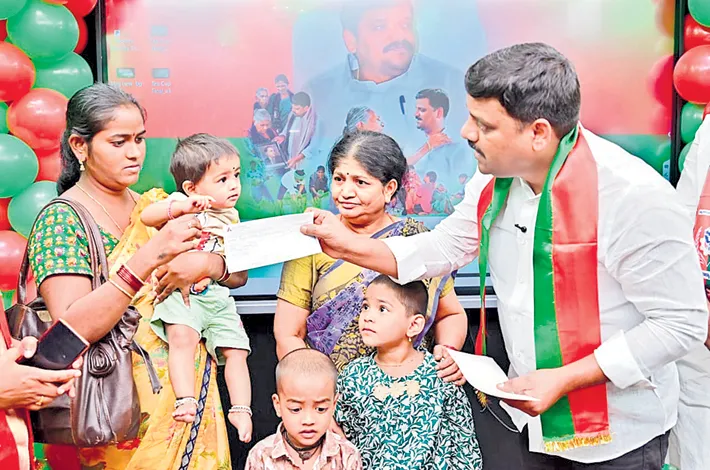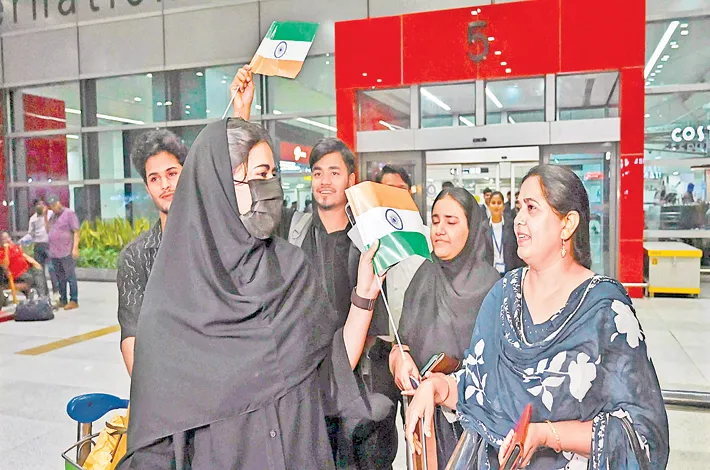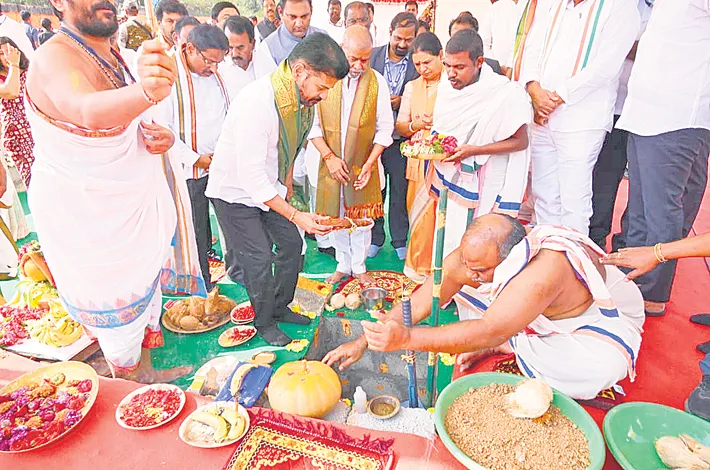Danger of normalising violence against politicians
09-11-2025 12:00:00 AM
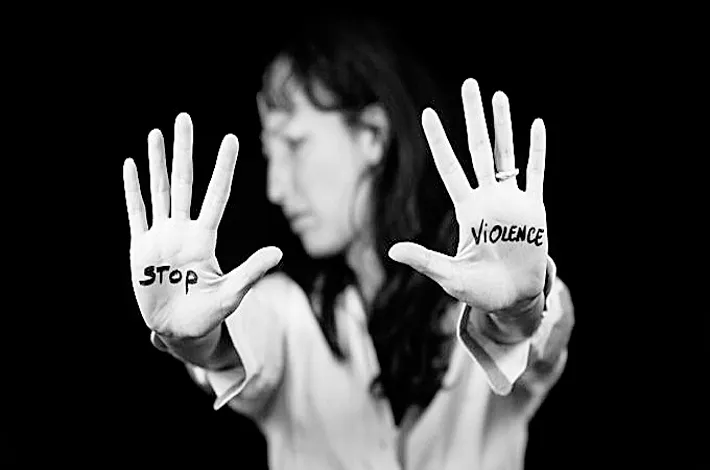
The assault on Delhi Chief Minister Rekha Gupta in broad daylight, slapped and dragged by her hair by a man posing as a petitioner during a public grievance meeting should have jolted the nation. It flashed briefly on prime-time news and vanished into the growing pile of attacks on politicians that we seem to have accepted as routine.
Over the last decade, India has witnessed a steady rise in acts of violence involving elected representatives, both as victims and as perpetrators. Stone pelting on convoys, public slapping of leaders, chairs flying inside assemblies, MLAs pushing and shoving staff—violence appears to have entered our political vocabulary as easily as slogans and sound bites. The danger lies not just in the frequency of these acts, but in how quickly we are normalising them.
Assaults on representatives
Barely a week earlier to Rekha Gupta’s assault, senior Congress MLA Tara Prasad Bahinipati was slapped at a rally. In another incident, BJP MLA Sushil Barman’s car was stoned in West Bengal, injuring his staff. The 2021 West Bengal Assembly elections saw multiple incidents of physical targeting of candidates: bombs thrown at Labour Minister Jakir Hossain, stones hurled at BJP candidate Ashok Dinda, and Chief Minister Mamata Banerjee suffering a leg injury during campaigning. Each case is reported briefly, debated momentarily, and forgotten.
When leaders become perpetrators
Equally worrying is when those in power themselves resort to violence. Several MLAs across party lines have been arrested or convicted for assault, including one sentenced for attacking a man with a baseball bat and another filmed thrashing canteen staff at a hostel. The irony becomes stark when leaders who were themselves recent victims of assault have a record of unruly conduct.
The gender question
The assault on Chief Minister Rekha Gupta forces us to confront something deeper: is political violence gender neutral? Women in public life are often targeted in ways designed to humiliate them—slapping, hair pulling, jeering. These are not random acts. They are loaded gestures of misogyny. For women in politics, violence becomes both a punishment and a message: “You are visible, therefore you must be put in your place.”
The deterrence is real. Women already navigate structural barriers—lack of party support, toxic social media abuse, safety concerns during campaigning. If physical assault becomes part of the journey, many women may decide that politics is not worth the personal cost.
A global mirror
In November 2025, in Mexico City, President Claudia Sheinbaum was groped by a man while greeting citizens. She responded by filing a criminal complaint and used the moment to spark a national conversation on women’s safety in public life. Her response was sharp: “If this happens to the president, what happens to ordinary women?”
The contrast is telling. In Mexico, the incident triggered institutional introspection. In India, the assault on a sitting Chief Minister disappeared from public discussion in a matter of hours.
Impunity and public frustration
One key factor driving this culture is impunity. Cases drag on, punishments are rare, and political clout shields perpetrators. When violence is not met with swift consequences, every act of aggression emboldens the next. Appeals and grievances are ignored. As we normalise these incidents, we begin to accept aggression as the only language left when dialogue fails.
Breaking the cycle
Reversing this trend requires more than outrage. It requires decisive political will. Crimes involving elected representatives—whether as victims or perpetrators—must be handled by fast-track courts with clear and enforceable penalties. Political parties must stop rewarding aggression with election tickets. The media must treat assaults on politicians not as sensational content but as assaults on democratic values.
India’s democracy has survived through debate and dissent. But it will not survive if violence becomes its dominant language.
Dr A L Sharada Trustee,
Population First. She can be reached at alsharada518@gmail.com





